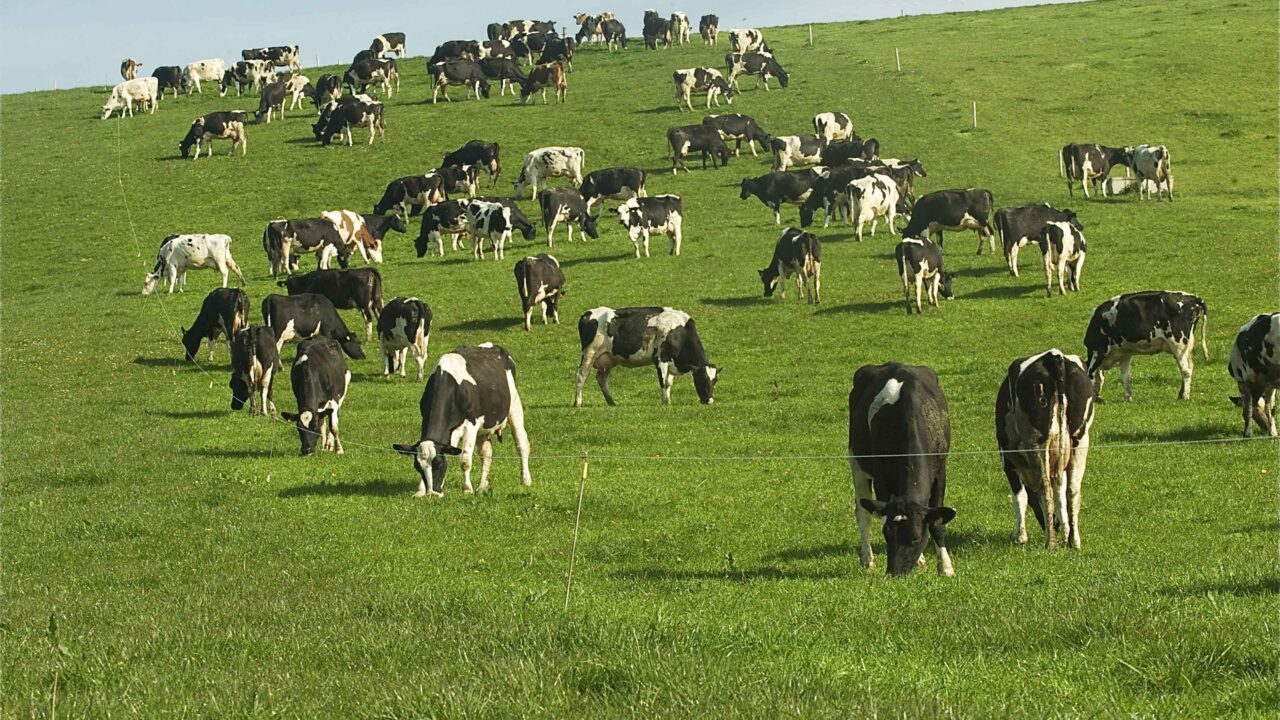The move by the European Commission to open Private Storage Aid for butter, Skimmed Milk Powder (SMP) and certain cheeses, in order to alleviate the impact of Russian restrictions on imports of EU dairy products and to limit the negative effects on the internal market, has been welcomed by the Minister for Agriculture, Food and the Marine Simon Coveney.
The Minister said that his Department had been working through the Commission’s Management Committee to ensure that the tools available under the CAP were utilised to stabilise markets affected by the Russian ban.
“Over the last few weeks, my Department has been working with the Commission and other Member States to monitor market developments, and calling for the utilisation of the appropriate market support instruments to alleviate the impact of the Russian ban. EU Agriculture Ministers will meet late next week at an Extraordinary Council to consider the issues.”
He said the Department has yet to see the detail of the Commission proposals of course, and these will be presented to the management committee and evaluated by Member States next week. “However, APS temporarily removes product from the market at times of downward pressure on prices, and is a tool which can be used in a pro-active way to alleviate market pressures.”
According to the European Commission, the period for public intervention of butter and SMP will be extended until the end of the year.
EU Agriculture and Rural Development Commissioner Dacian Cioloș said: “Price signals on the European dairy market show that the Russian ban is starting to hit this sector. In a number of Member States export earnings are being lost and new outlets need to be found. The European dairy sector needs time and help to adapt so I am announcing today targeted market support, focusing on milk powder, butter and exported cheeses If needed, further measures will follow.”
The Commissioner went on to say:“In the coming days I will also present to Member States and the European Parliament a first full analysis of the short and medium term impact of this Russian ban on all major European agri-food sectors, together with an overview of the policy options. Again, my message to EU producers today is clear: Where material risks of market destabilisation appear, I will continue to use the new CAP to act pre-emptively to stabilise the market.”
The Commission will provide Private Storage Aid for butter and SMP to cover the daily costs of storing these products for 3-7 months. A draft implementing Act will be presented to the Committee next week for a formal vote.
Given the importance of certain cheeses in the value of EU exports to Russia (worth close to €1 billion in 2013), the Commission is wanting to extend this measure to cheeses. The rules on PSA for cheese and the extension of the intervention period will be regulated by a Delegated Act which the Commission will table in the near future under the emergency market rules established in last year’s CAP reform.
The move has been welcomed by ICOS President Bertie O’Leary, but he also said it is not enough and fall well short of the robust response needed to undo the damage caused by the Russian embargo.
“It must be remembered that storage aid for butter was something the sector always had, every year, as a right, up until this year, under the previous CAP rules, and instigating it now, while it is welcome, will not be sufficient to address the massive trade distortion caused by the Russian embargo,” he said.
